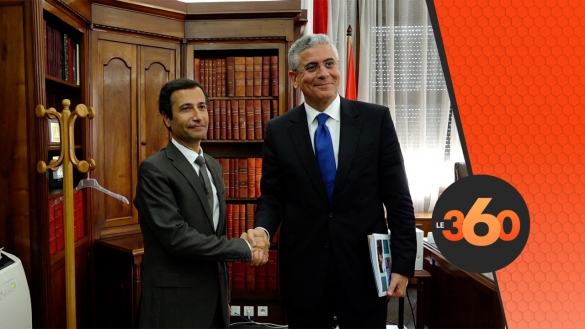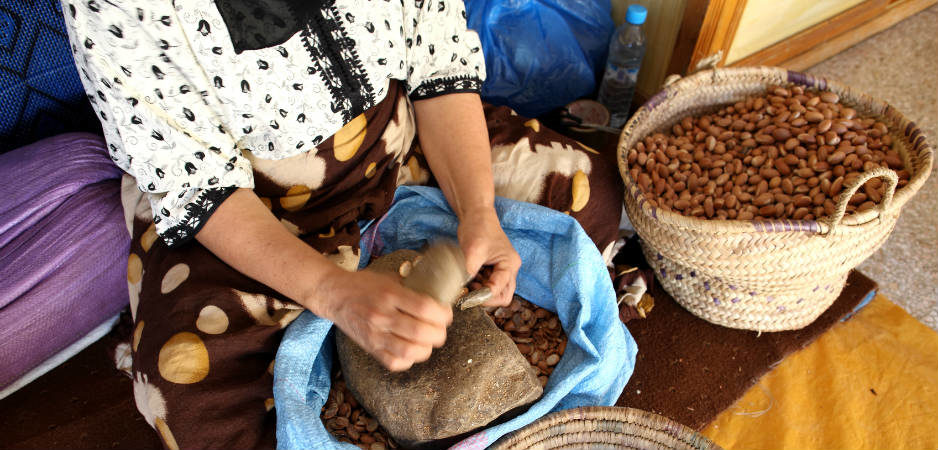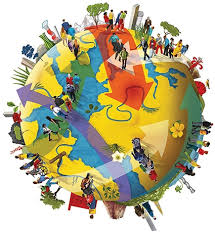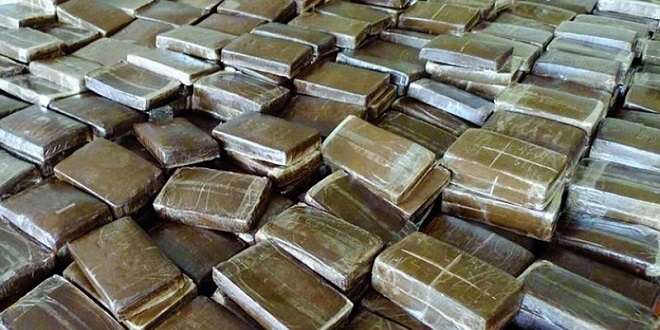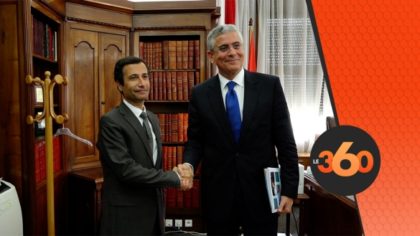 Morocco and the World Bank started Monday in Rabat discussions on a set of issues, on top of which preschool education and the consolidated social register that will identify families deserving to benefit from social assistance programs.
Morocco and the World Bank started Monday in Rabat discussions on a set of issues, on top of which preschool education and the consolidated social register that will identify families deserving to benefit from social assistance programs.
The discussions are held during the visit World Bank Vice President for the Middle East and North Africa (MENA) region, Tunisian Ferid Belhaj, is paying to Morocco this week.
A working session was held this Monday with the new Minister of Economy and Finance, Mohamed Benchaaboun, who started thus his official activities since his appointment to the position on August 20. Other meetings are scheduled with the Head of Government Saad Eddine El othmani as well as with representatives of the private and public sectors.
“The WB has decided to support Morocco in its desire to invest soon in early childhood, improve the quality of access to health care and social protection programs,” a WB statement said.
The social protection programs begin with the establishment of a consolidated national register that King Mohammed VI had commended in the Throne Day Speech as a promising start for the gradual improvement of social welfare programs over the short and medium terms.
“This is a national registration system to identify families that truly deserve to benefit from social assistance programs. To this end, precise and objective standards will be set and modern technology will be used,” the King had said, describing the register as “a strategic and ambitious social project which concerns large segments of the Moroccan population”.
In this connection, the Vice President of the World Bank for the MENA region will attend in Rabat the signing of an agreement between the Moroccan Ministry of the Interior and India’s International Institute of Information Technology. Under the agreement, the fruit of a South-South collaboration between the two countries, Morocco will use state-of-the-art digital identification software for access to social programs especially for the most vulnerable layers of society.
Youth unemployment and employment will be one of the other issues of cooperation between Morocco and the World Bank.
The social programs overhaul is undertaken as the Government is planning to suppress as of 20189 subsidies on a number of basic products, mainly flour, butane gas and sugar. This will sound the end of the Compensation Fund that drains away billions of Dirhams every year.
Subsidies on petroleum products were lifted in 2015.
Ferid Belhaj served as World Bank Country Manager for Morocco from 2002 to 2007, where he developed a new and multifaceted dialogue with one of the best performing Middle-Income countries.
From 2007 to 2010, he was the World Bank’s Special Representative to the United Nations in New York, where he engaged with various UN agencies on a range of programs, mainly climate change, the Millennium Development Goals, fragile and post-conflict states and the global financial and food crises.
In the 15 months preceding this appointment as Vice President for the MENA region, Ferid Belhaj was Chief of Staff of the President of the World Bank Group. From 2012 to 2017, he led, from Beirut, the activities of the World Bank in Lebanon, Syria, Jordan, Iraq and Iran.
